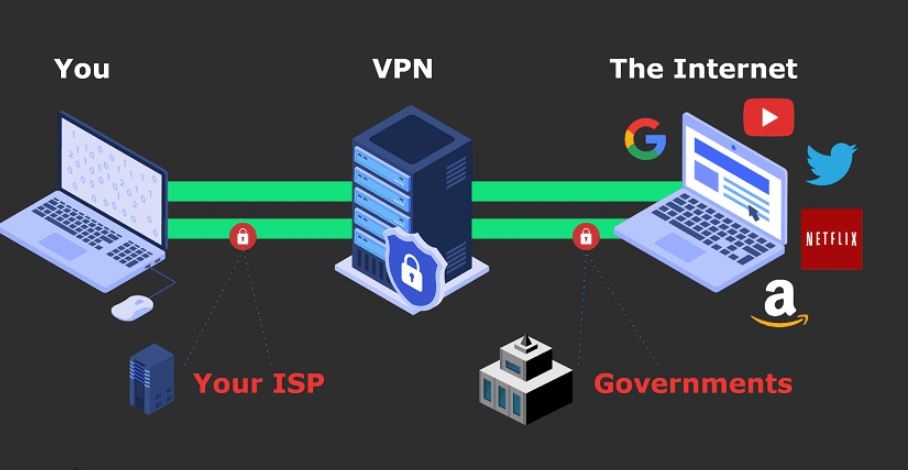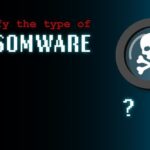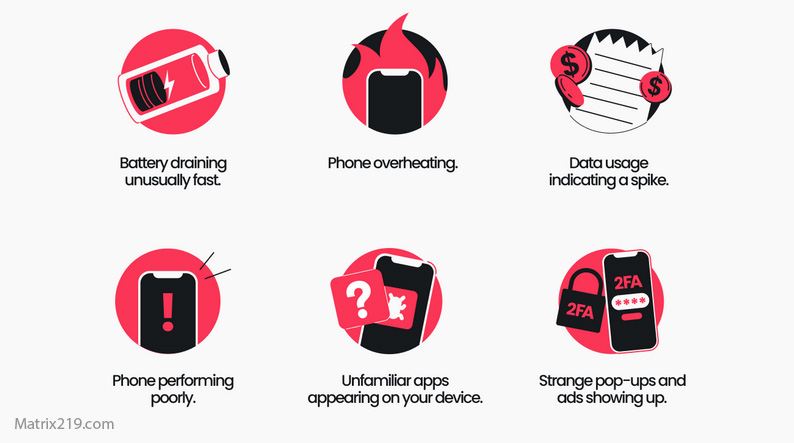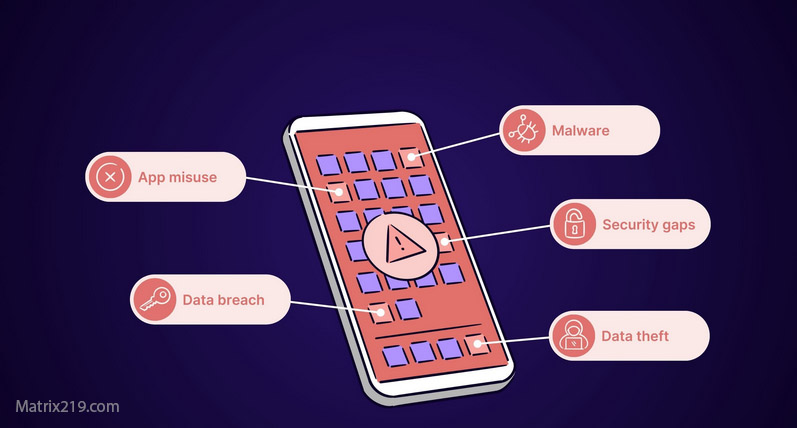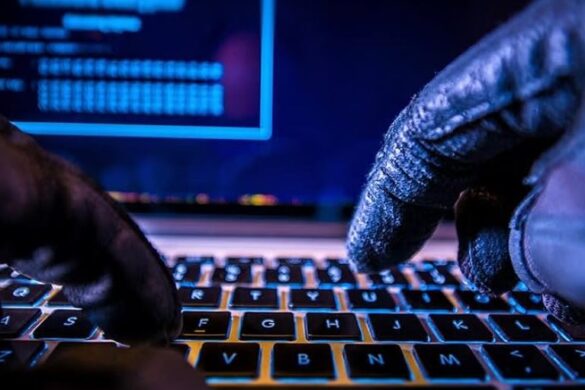No, using a free or public VPN is generally not safe for sensitive information. While they may encrypt your data, these services often come with significant privacy and security risks, including logging your browsing activity, using weak security protocols, and potentially injecting ads or malware. For activities like online banking, work, or handling personal data, a reputable paid VPN is the only safe choice.
How is a VPN Supposed to Work?
A Virtual Private Network (VPN) is designed to create a secure, encrypted tunnel between your device and the internet. It hides your real IP address and encrypts your traffic, preventing your Internet Service Provider (ISP), network administrators, or hackers on public Wi-Fi from seeing what you do online.
The Hidden Risks of Free Public VPNs
1. Data Logging and Selling (“You are the product”)
Running a VPN service is expensive. If you are not paying for the product, the company must make money in other ways. Many free VPNs do this by logging your online activity—what websites you visit, how long you stay, what kind of device you use—and then selling this data to advertisers and data brokers. This defeats the primary purpose of using a VPN for privacy.
2. Weak Encryption and Security Protocols
Top-tier VPNs use strong, modern encryption protocols like OpenVPN and WireGuard. Free services may use older, weaker protocols that are vulnerable to being cracked. You might have a false sense of security while your data is not properly protected.
3. Malware and Ad Injection
Some malicious free VPN providers have been caught injecting malware directly into their users’ devices. A more common practice is injecting intrusive advertisements, including pop-ups and tracking cookies, into your browsing sessions.
4. Slow and Unreliable Performance
Free VPNs often have a limited number of overcrowded servers, leading to extremely slow internet speeds and frequent disconnections. When the VPN disconnects, your real IP address and unencrypted traffic can be exposed.
When Might a Free VPN Be Acceptable?
A free VPN might be acceptable for low-risk, non-sensitive activities. For example, if you are using a coffee shop’s public Wi-Fi and just want to browse the news or use a simple geo-blocker to watch a video, a free VPN is better than no protection at all. However, you should never use it for anything that involves a login, password, or financial information.
Why a Reputable Paid VPN is Worth It
When you pay for a VPN service, the business model is clear: you are the customer, not the product. Reputable paid VPNs offer:
- A Strict No-Logs Policy: They are committed to not tracking or storing your online activity, a claim often verified by independent audits.
- Strong, Modern Encryption: They use the best available technology to secure your data.
- Reliable Performance: They offer fast speeds and stable connections across a wide network of servers.
- Advanced Features: Many include a “kill switch” that automatically cuts your internet if the VPN connection drops, preventing data leaks.
